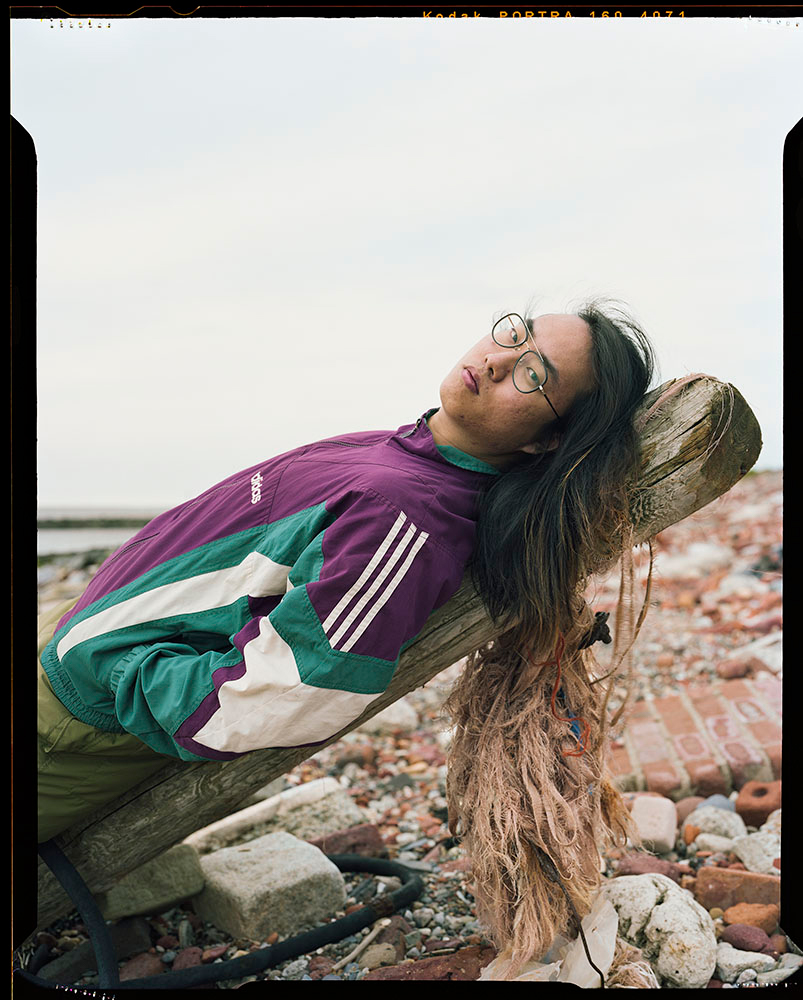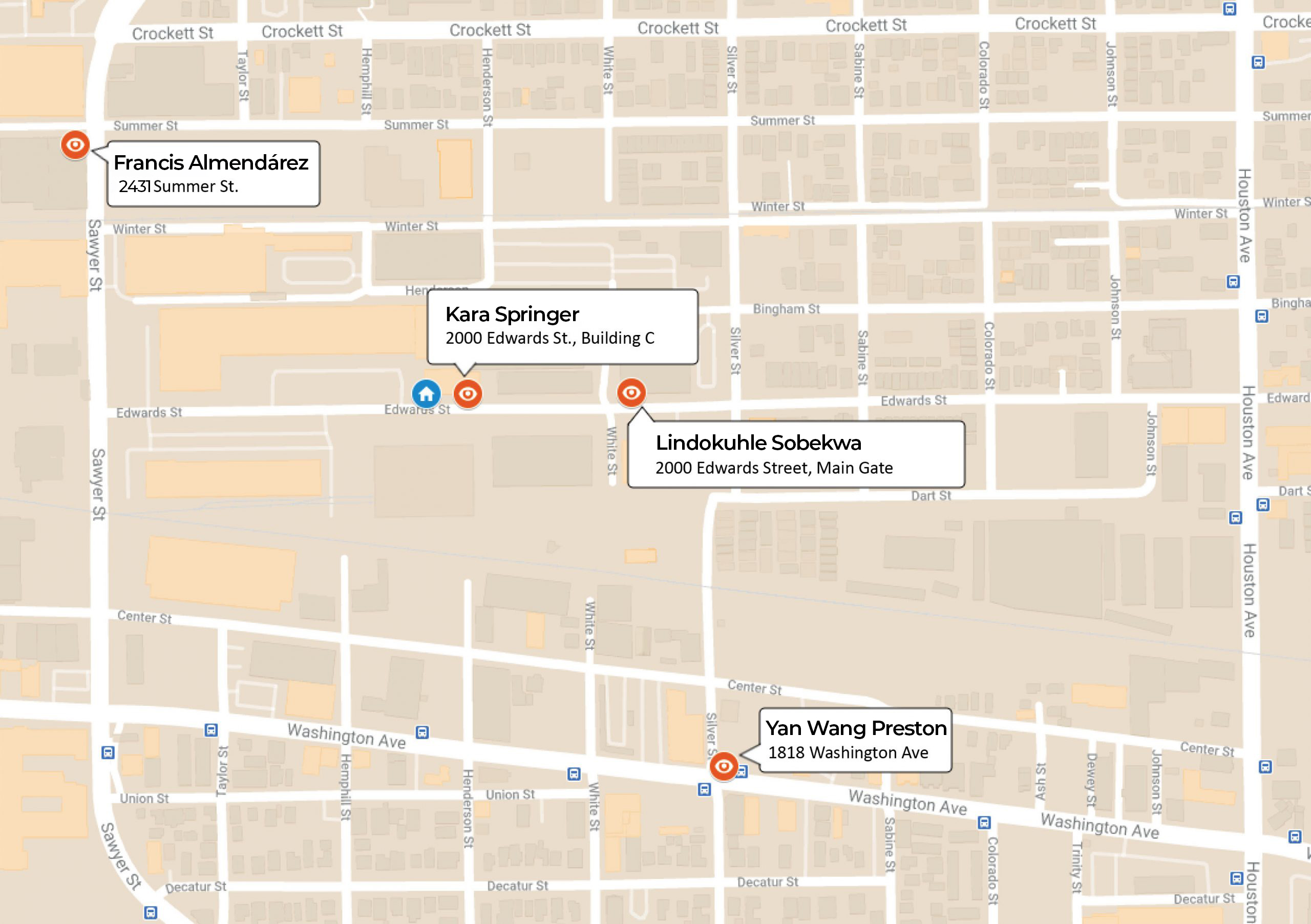
Francis Almendárez, Yan Wang Preston, Lindokuhle Sobekwa, Kara Springer
On view: June 12–August 29, 2021
At various locations in Arts District Houston
Perhaps the most immediate consequence of the COVID-19 pandemic, starting in early 2020, was the issuing of stay-at-home orders by governments around the globe. Life became a series of events experienced through the windows of our homes and computer screens. The bombardment of serious social, cultural, and political headlines combined with the experience of adjusting to life in isolation produced a paradoxical temporal phenomenon wherein the pace of the world seemed to simultaneously accelerate and stand still. The exhibition Recording the Blur examines this temporal paradox through works by artists who are interested in the relationships between intimacy, identity, and introspection, action and reaction, place and production – concepts that have been challenged and redefined throughout the course of the past year. These artists turn their lenses to poetic moments that are loaded with complex cultural signifiers; signs that when considered in the context of pandemic time reflect shared global experiences and the post-pandemic vocabulary.
To create his series Denim (2021–), Houston-based artist Francis Almendárez used techniques typically reserved for fashion and stock photography such as high-key lighting and an infinity background to photograph a selection of denim jeans worn by his immediate family. By positioning these lived-in articles of clothing within the space of commercial photography, Almendárez proposes an exploration of value as it relates to global commodity production and circulation, labor, and image consciousness. The clothing depicted is lived in and faded – each crease line and mark on the denim textile serving as a material archive for the wearer’s movement and labor. For the artist, these traces signify not only the movement of the wearer, but also the movement of the people around the globe, such as his family members and other migrant communities who wear these denim clothes while working in physically intensive and essential worker environments. The artist’s placement and positioning of the clothing in heaped piles that resemble mountainous terrain extends this metaphorical representation. For the artist, the stark juxtaposition of aesthetics and ideas– between commercial images and the lived-in garments – highlights the ways in which value is produced and assigned via image-based media as well as the possibility of finding value in materials that contain the history, marks, and residue of time.
Yan Wang Preston’s series She and He (2018–19) is comprised of a series of portraits of Chinese students living away from home, who have moved to England to attend the University of Liverpool. Before photographing each student, the artist asked each sitter to consider questions specific to popular notions of gender-based identity. Each female-presenting sitter was asked “what is your daydream?” while each male-presenting sitter was asked “what makes you a man?” Preston’s interest was not simply to collect responses from the students, but to challenge her own preconceptions of gender by proposing questions that are difficult in relation to both the gendered nature of the ask itself, but also challenging when considering the complexities that exist between the cultural significance of gender identity, femineity, and masculinity in China and the U.K. When considered in the context of 2020-21, these works reflect recent cultural movements that have challenged gender and sexuality-based hierarchies and discrimination. The portraits serve as a frame through which to interrogate cultural differences while highlighting the complexity of identity by resisting the urge to represent singular or “typical” gender and cultural representation among the series.
In March 2020, during the height of global panic surrounding the spread of the COVID-19 virus, artist Lindokuhle Sobekwa touched down in his hometown of Johannesburg, South Africa following a brief trip to Houston where his work was on display in the FotoFest Biennial 2020 exhibition, African Cosmologies: Photography, Time, and the Other. Upon his arrival, Sobekwa quickly began documenting the incredible shift in cultural life in South Africa, using his camera to record the eerie silence and stillness of usually bustling streets, intense images of local police working to enforce Covid curfews and protocols, and the effects of the pandemic on the people in his community. The result of his documentation is a series of photographs that demonstrate a shared global experience of the pandemic: isolating lockdowns, food vendors struggling to make a living due to the nature of their in-person trade, and the witnessing of traumatic violence and protest online through social and news media. Sobekwa’s series does not focus on sensational moments and imagery, rather he juxtaposes tranquil images against images of intense movement and unrest, reflecting the pace of life during the current pandemic year when time simultaneously passes at a glacial pace and at lightning speed depending on the day, current events, and state of the virus.
Kara Springer’s series Untitled (Oil, Houston, TX) (2021) examines relationships between the resources that sustain daily life, care, and institutional and systemic violence. To create her work, Springer photographed industrial-grade thickened oil in her Houston studio, capturing the abstract patterns created by light reflecting off of the liquid surface. The artist’s choice to photograph oil was inspired by her experience of living in Texas, where the term “energy” is defined by the petro-energy industrial complex and where narratives of labor and extractive capitalism are written by those controlling the mechanisms and means of production. What is unwritten by these energy corporations are stories of environmental destruction, worker exploitation, and global effects of their extractive practices. This narrativization is further complicated by political rhetoric that supports the petro-energy complex by suggesting that these materials are essential to daily life despite the cost to global environmental, physical, and cultural health. Springer’s work serves as both a direct commentary on the reality of extractive capitalism as well as an allegorical reference to productive capitalism and the structures that support exploitation. Springer’s work creates space for viewers to think critically about the ways care and concern for life is sidelined for profit and production – issues that are discussed every day as concerns for public health and well-being are considered in media and politics against the cost of such care.
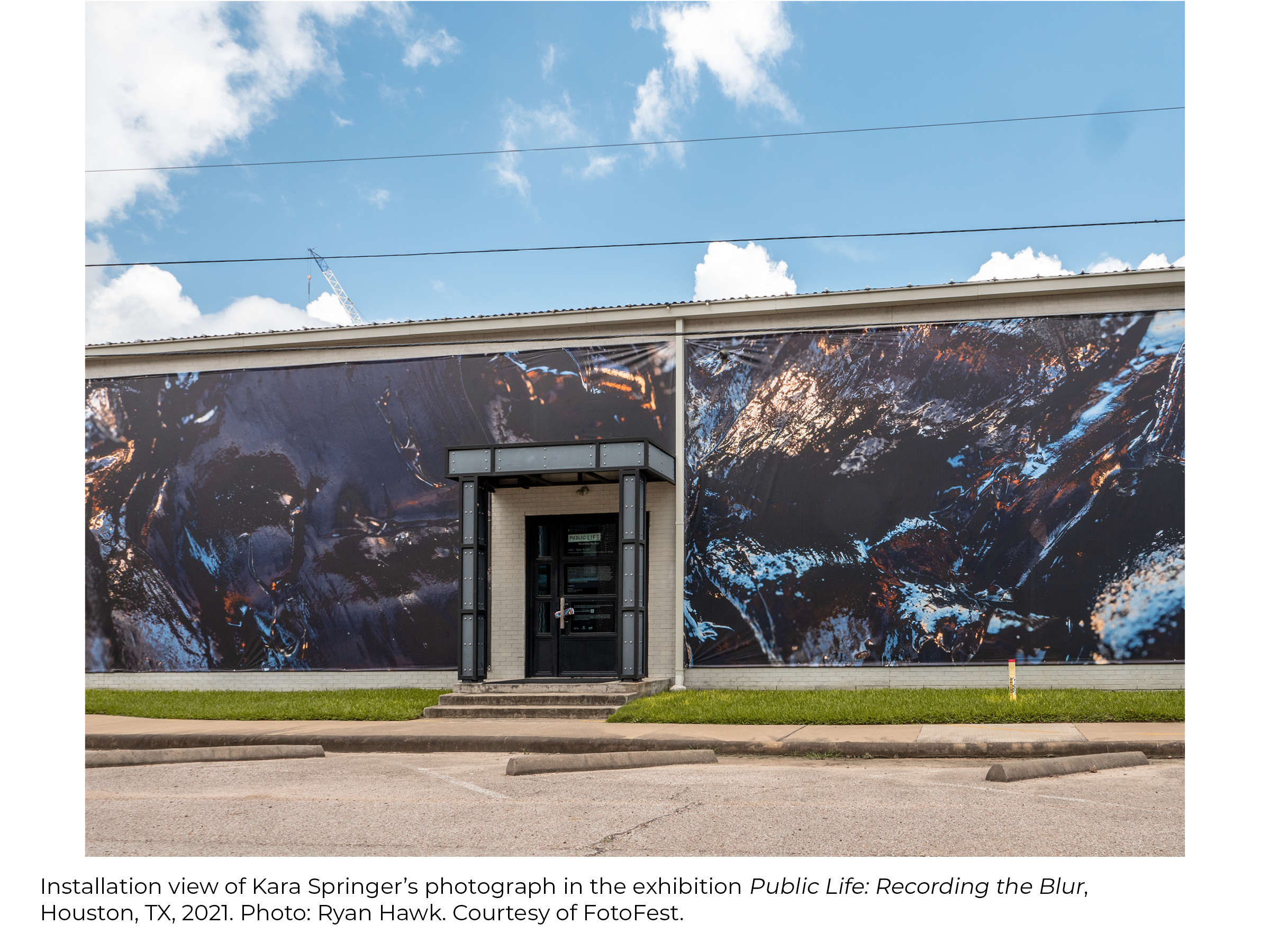
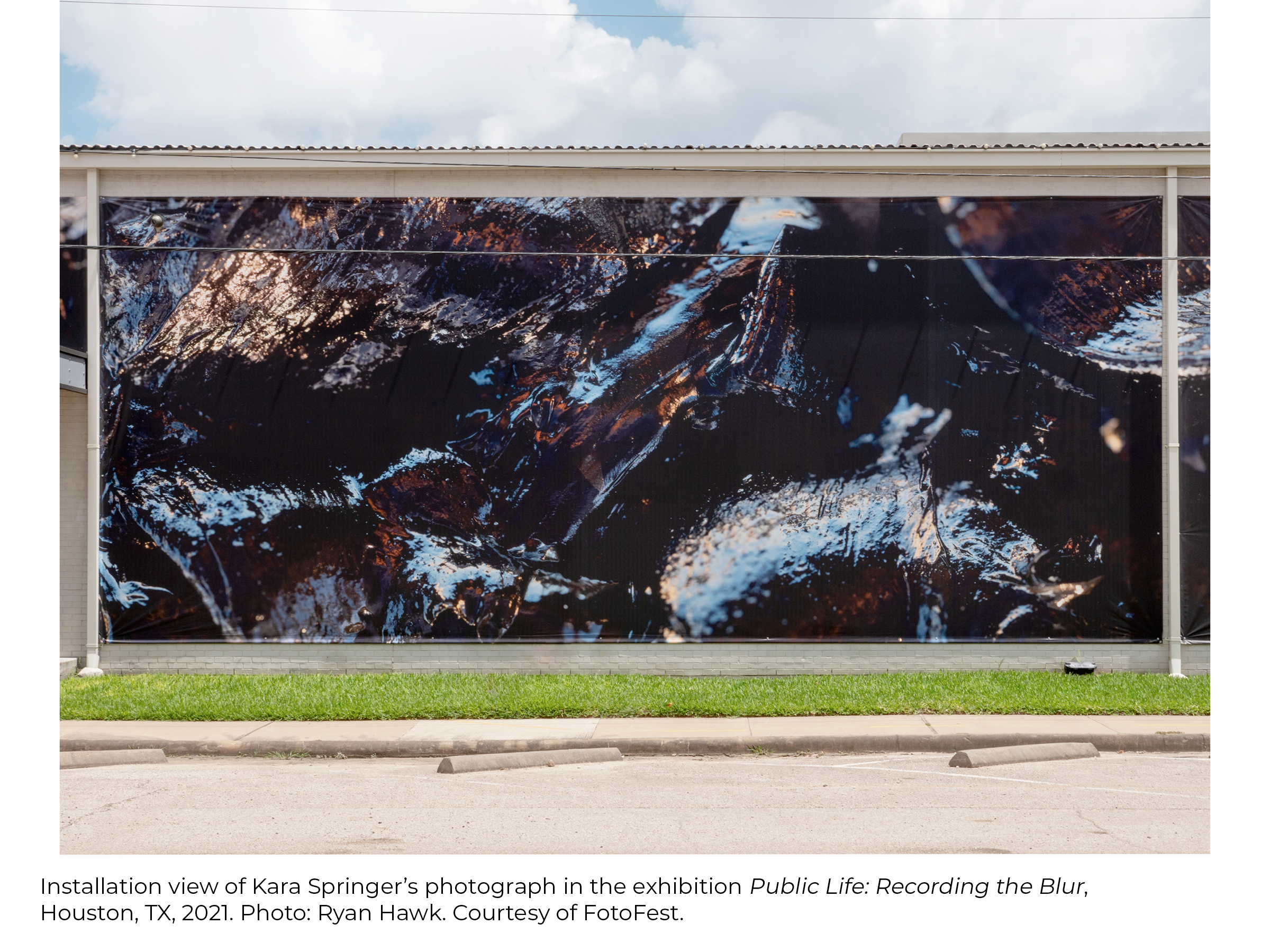
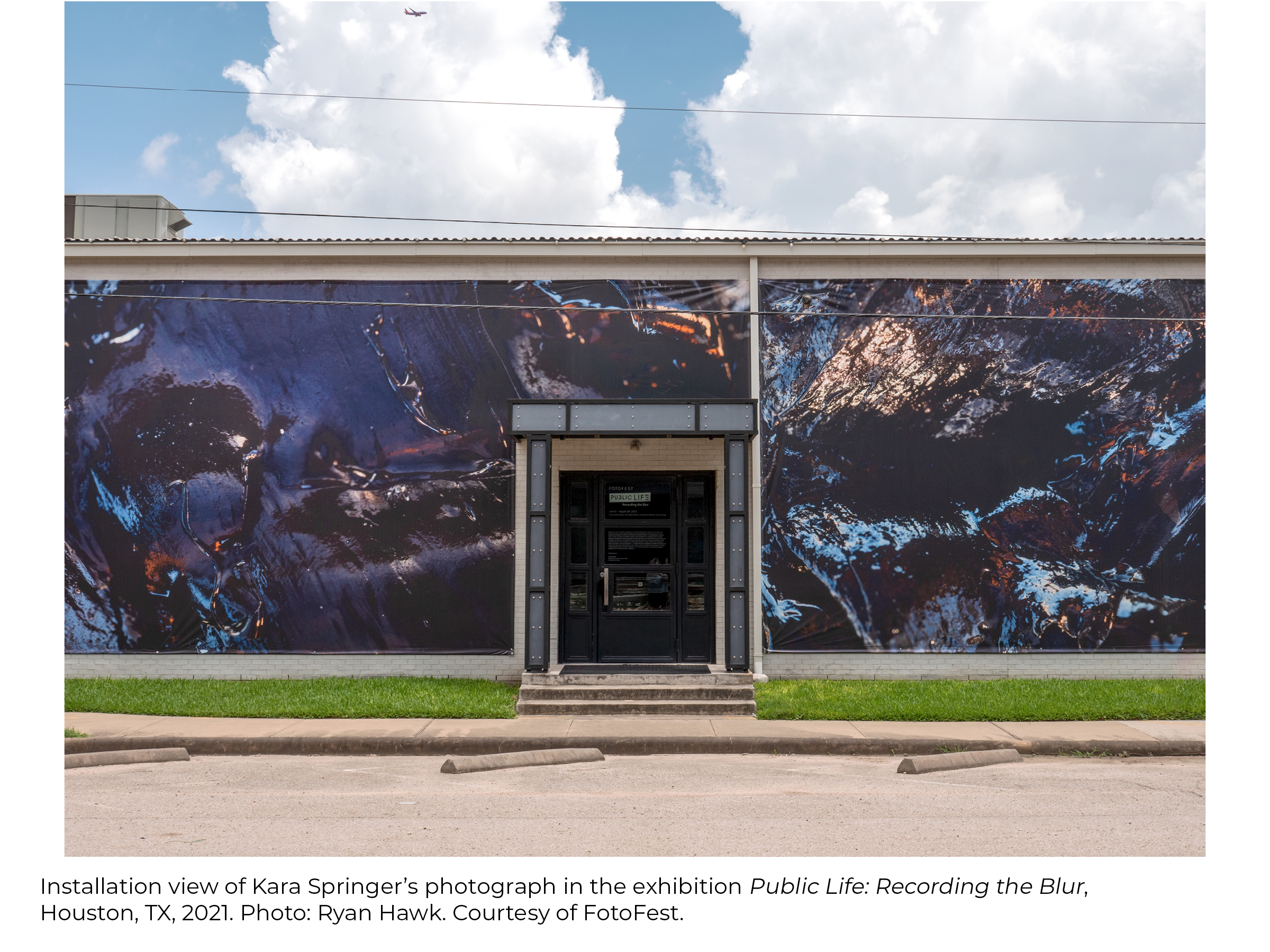
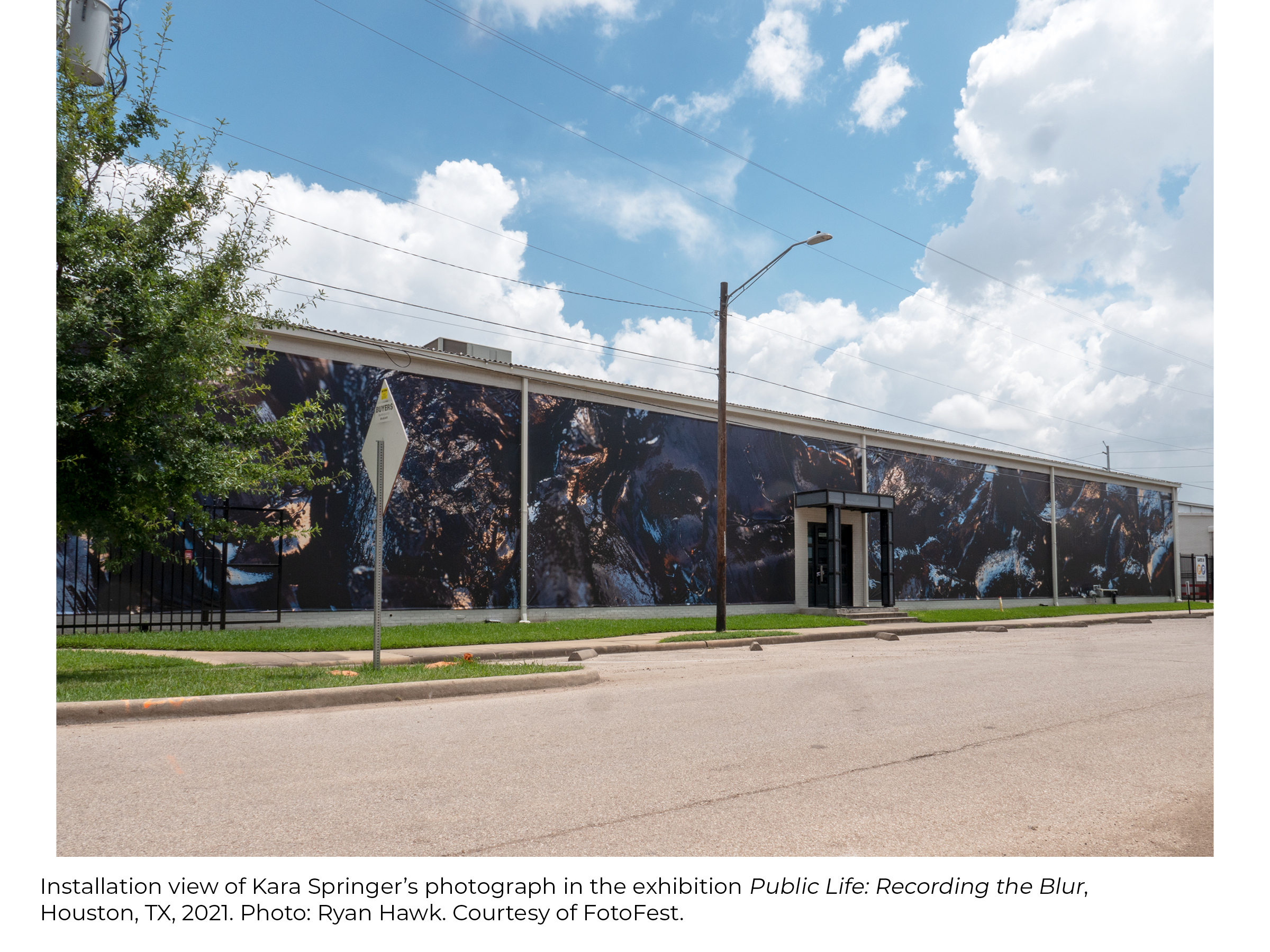
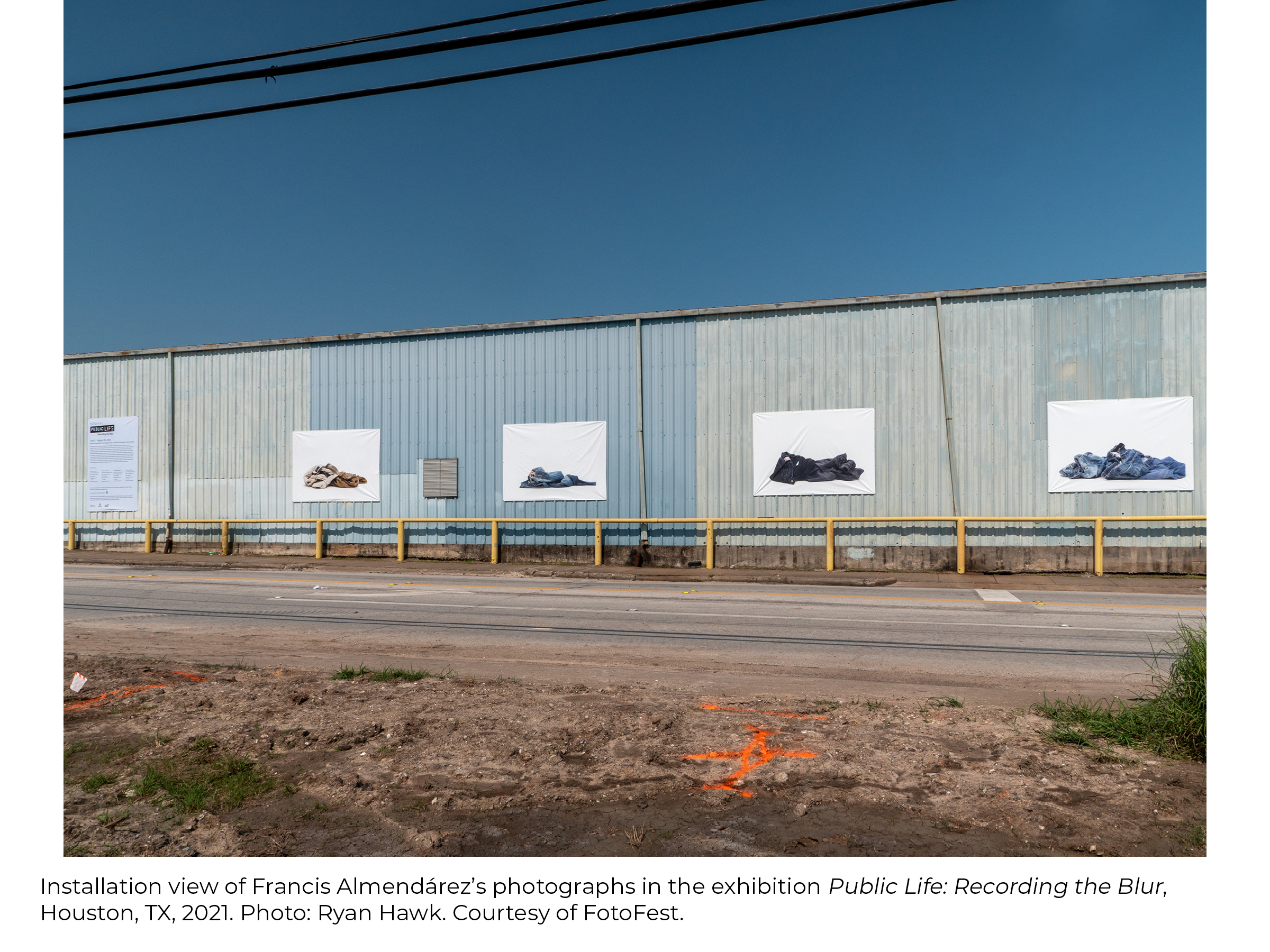
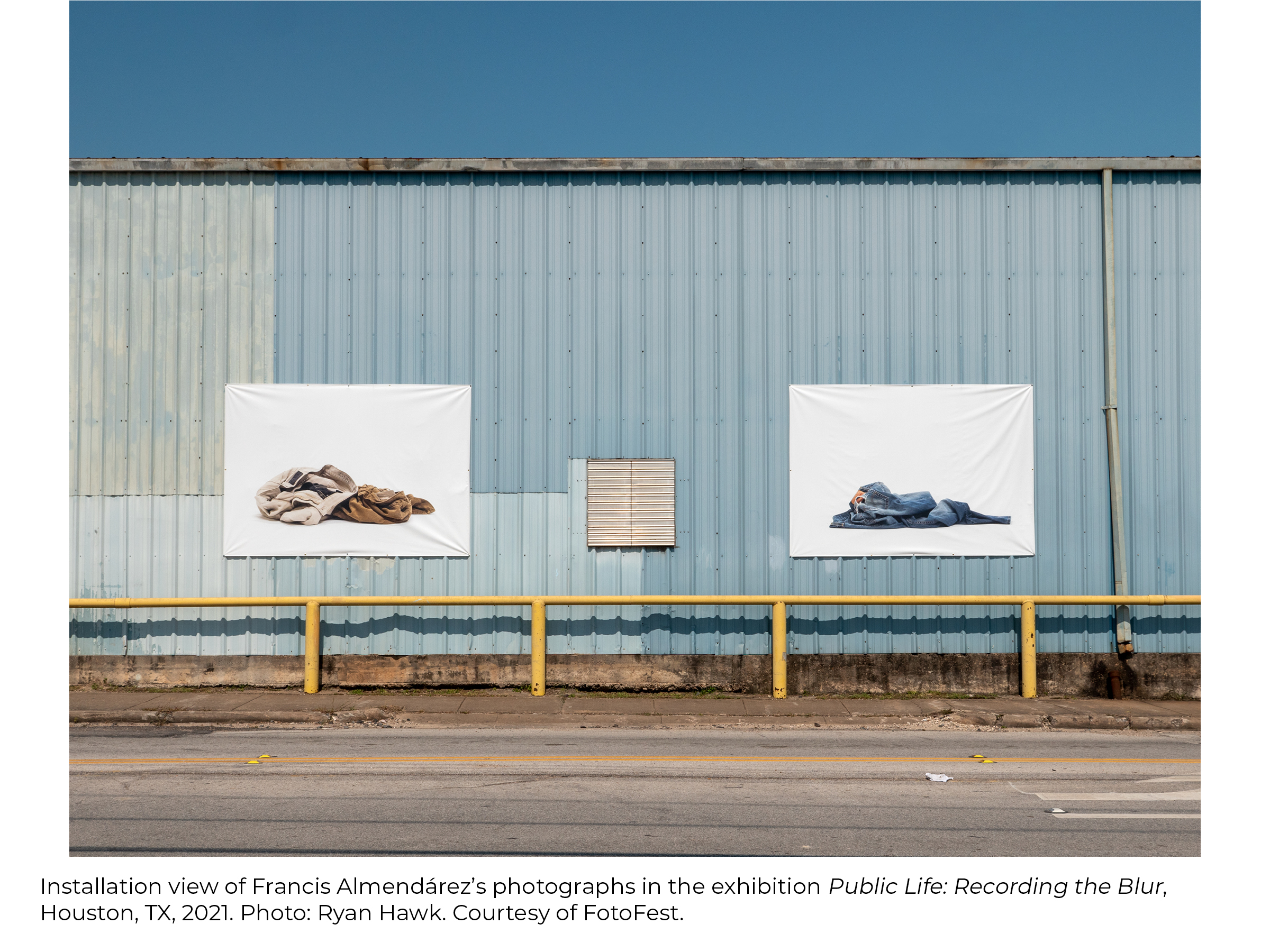
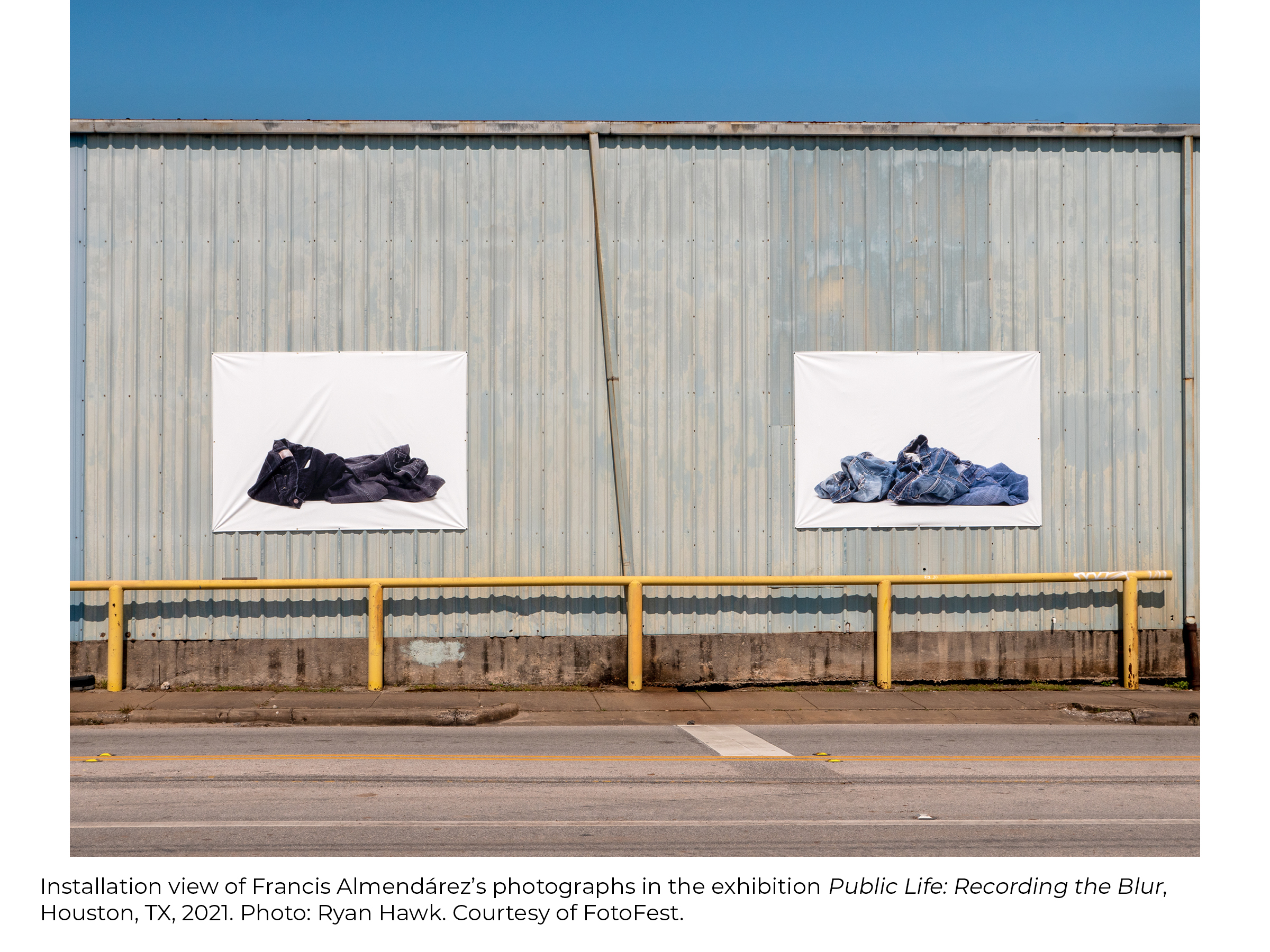
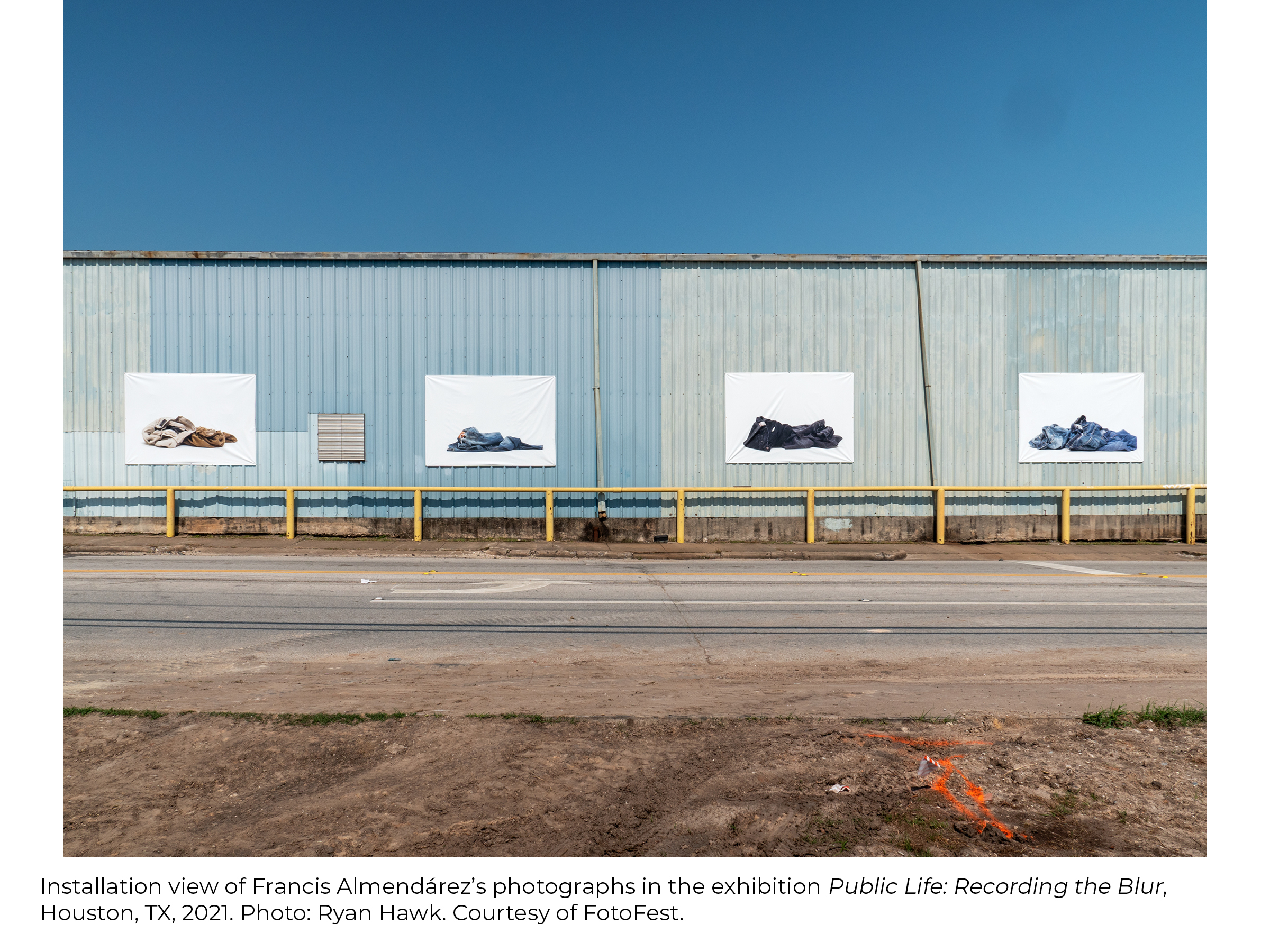
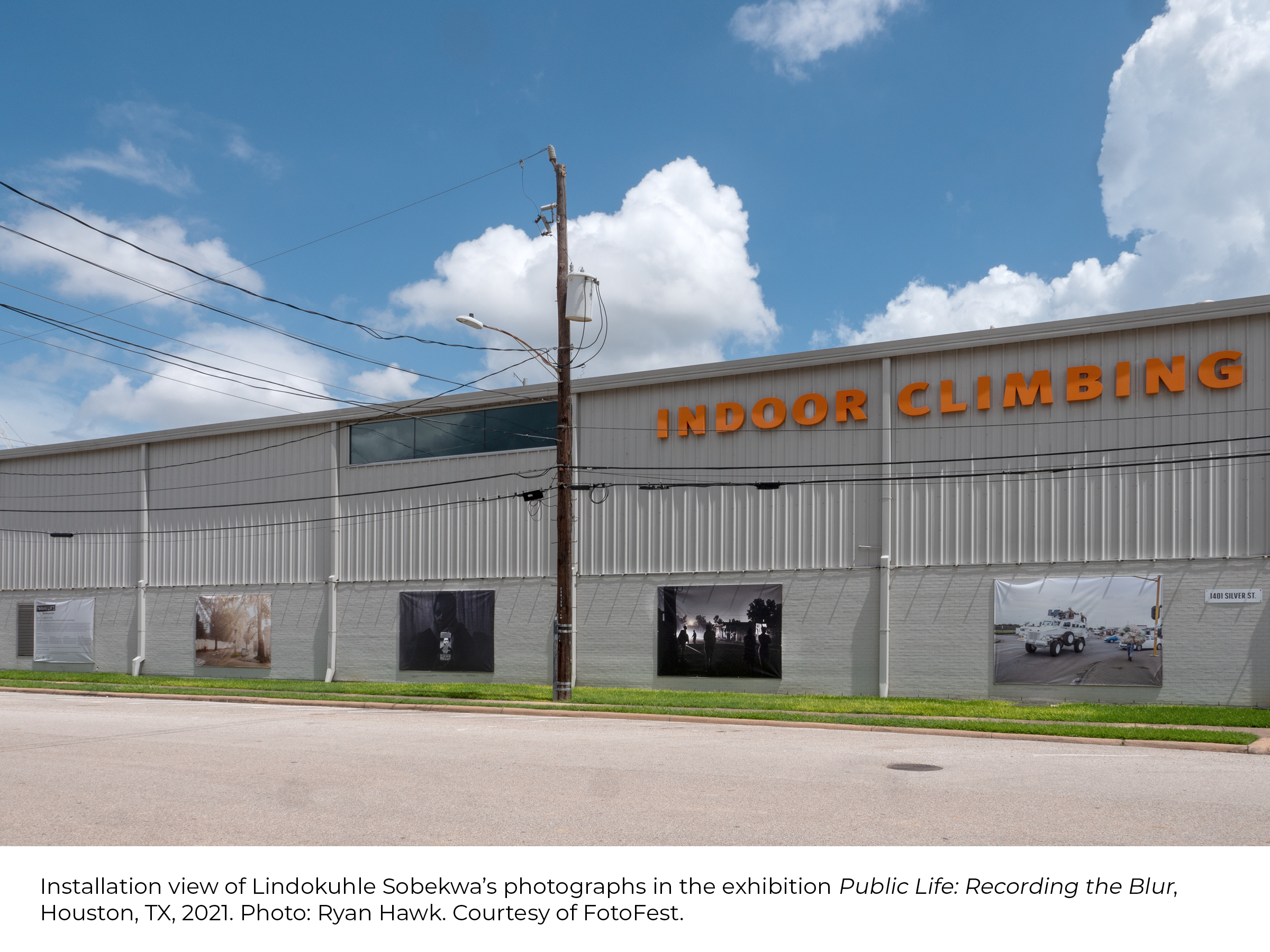
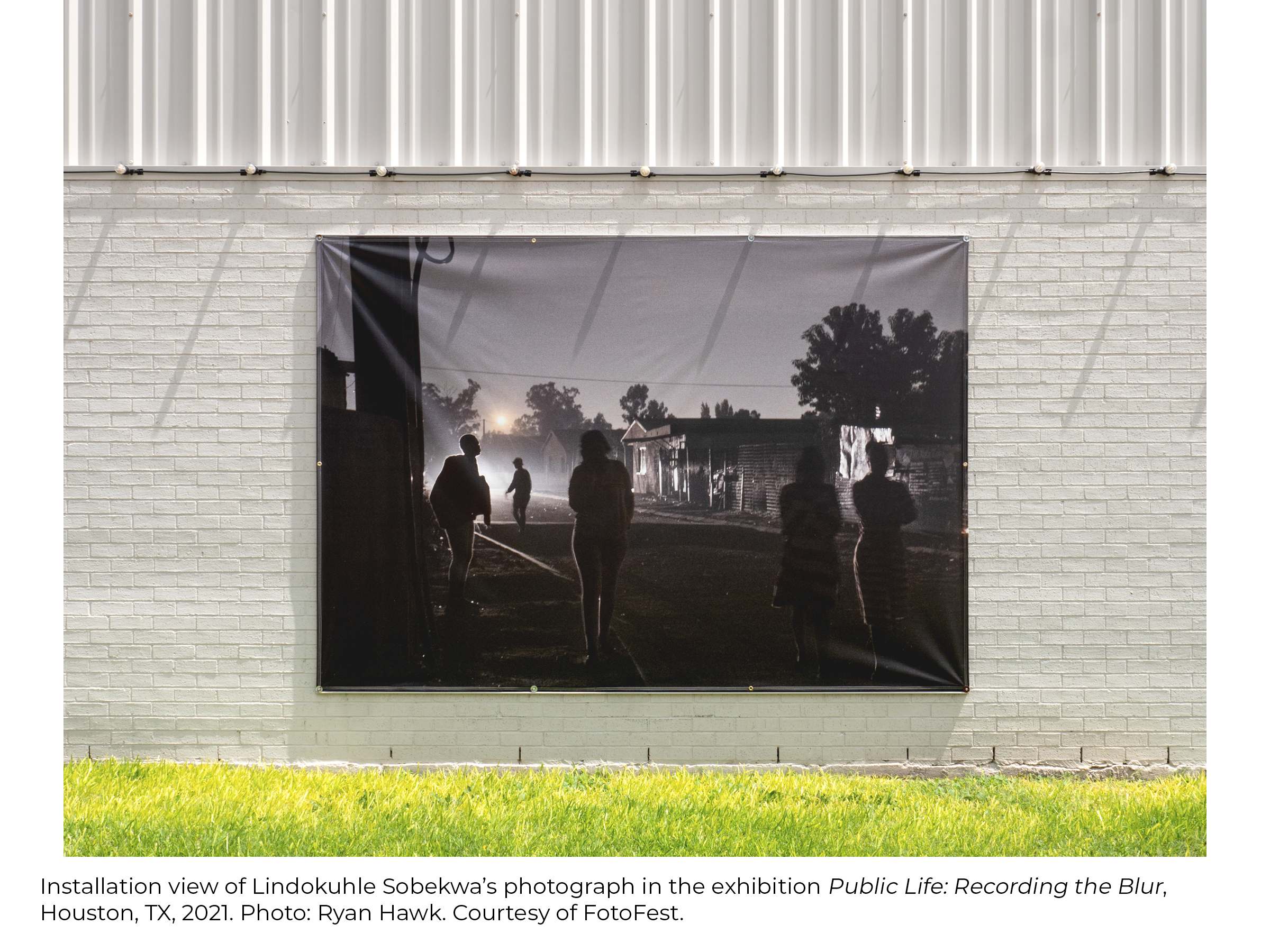
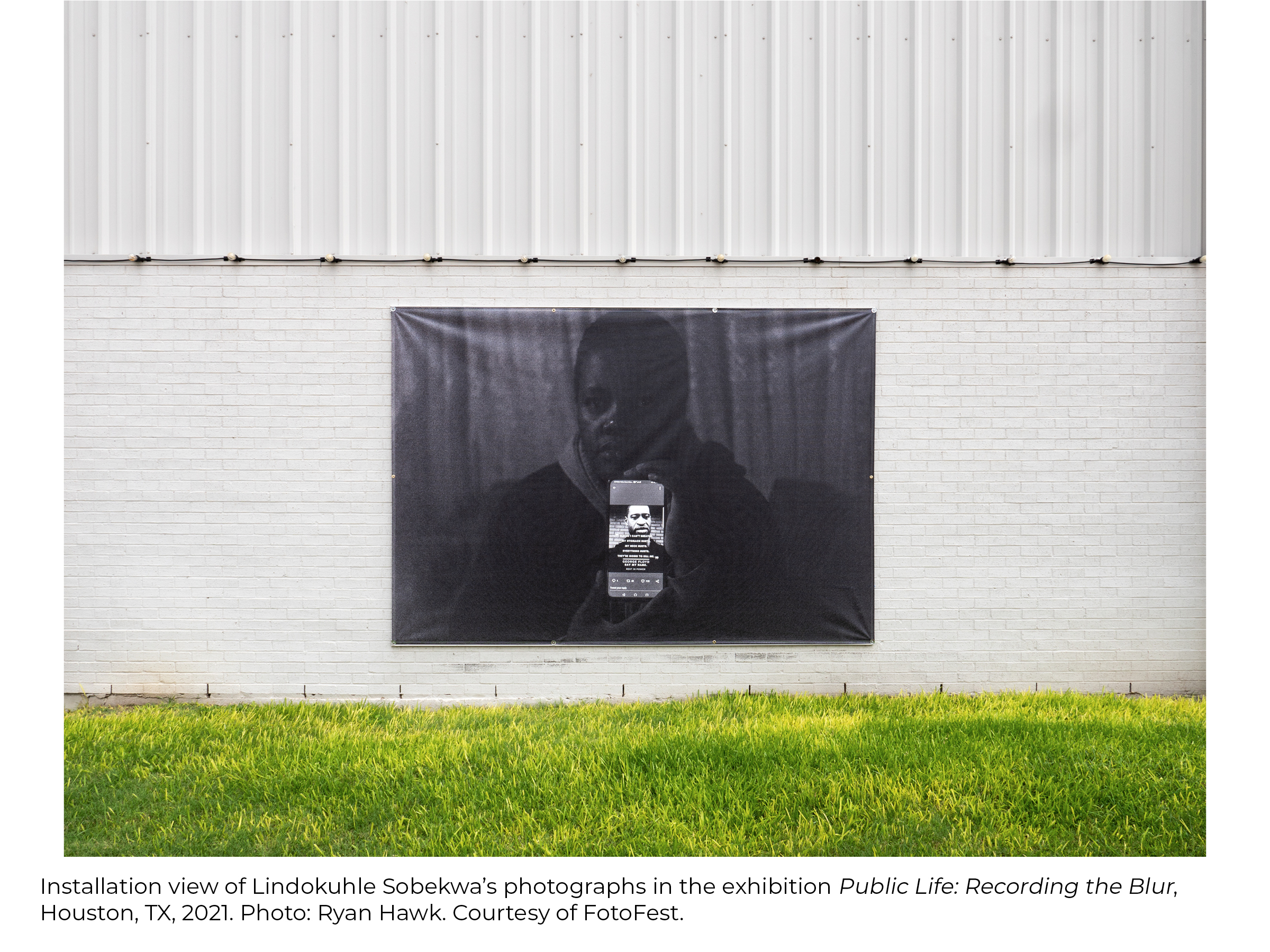
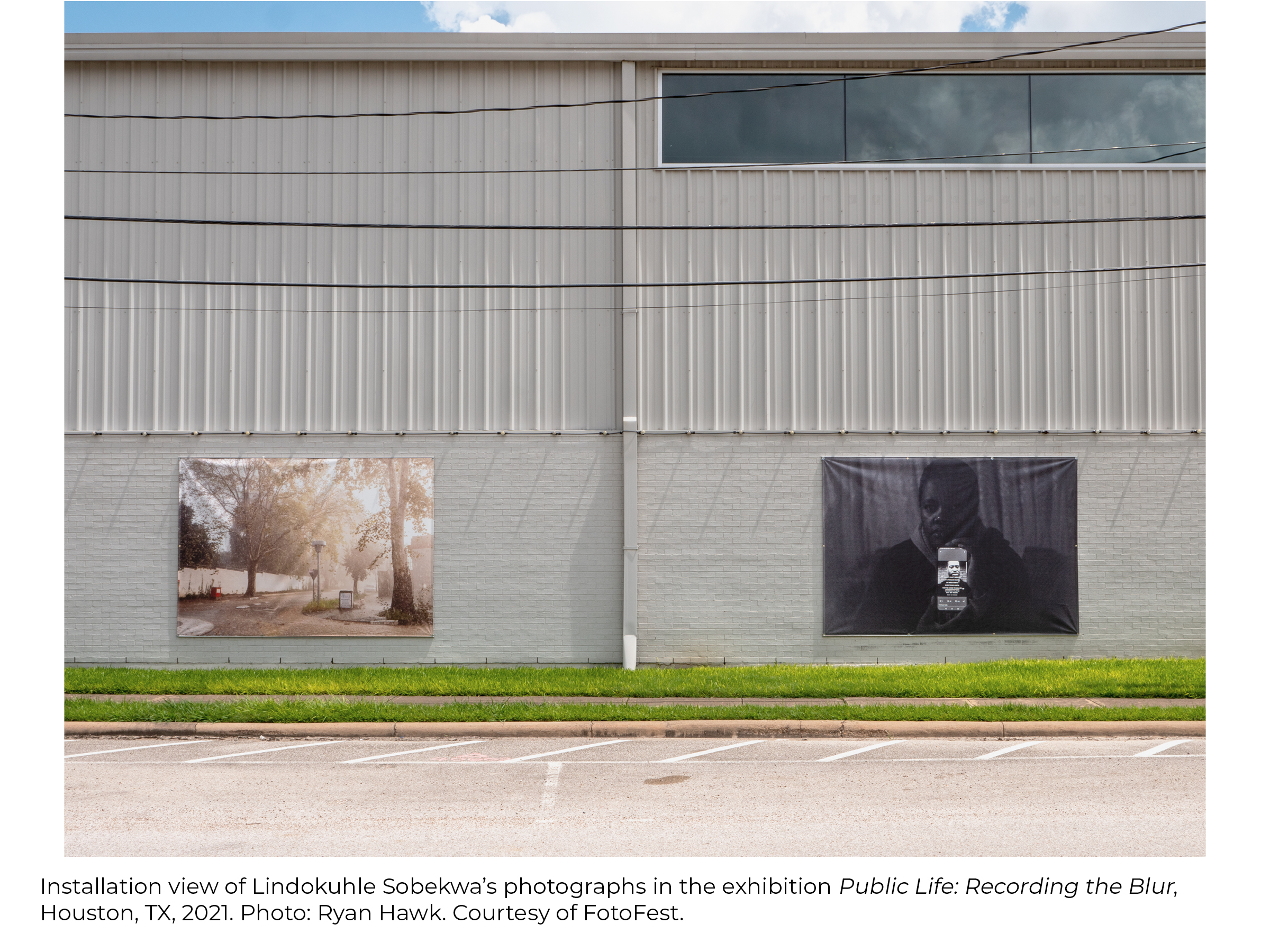
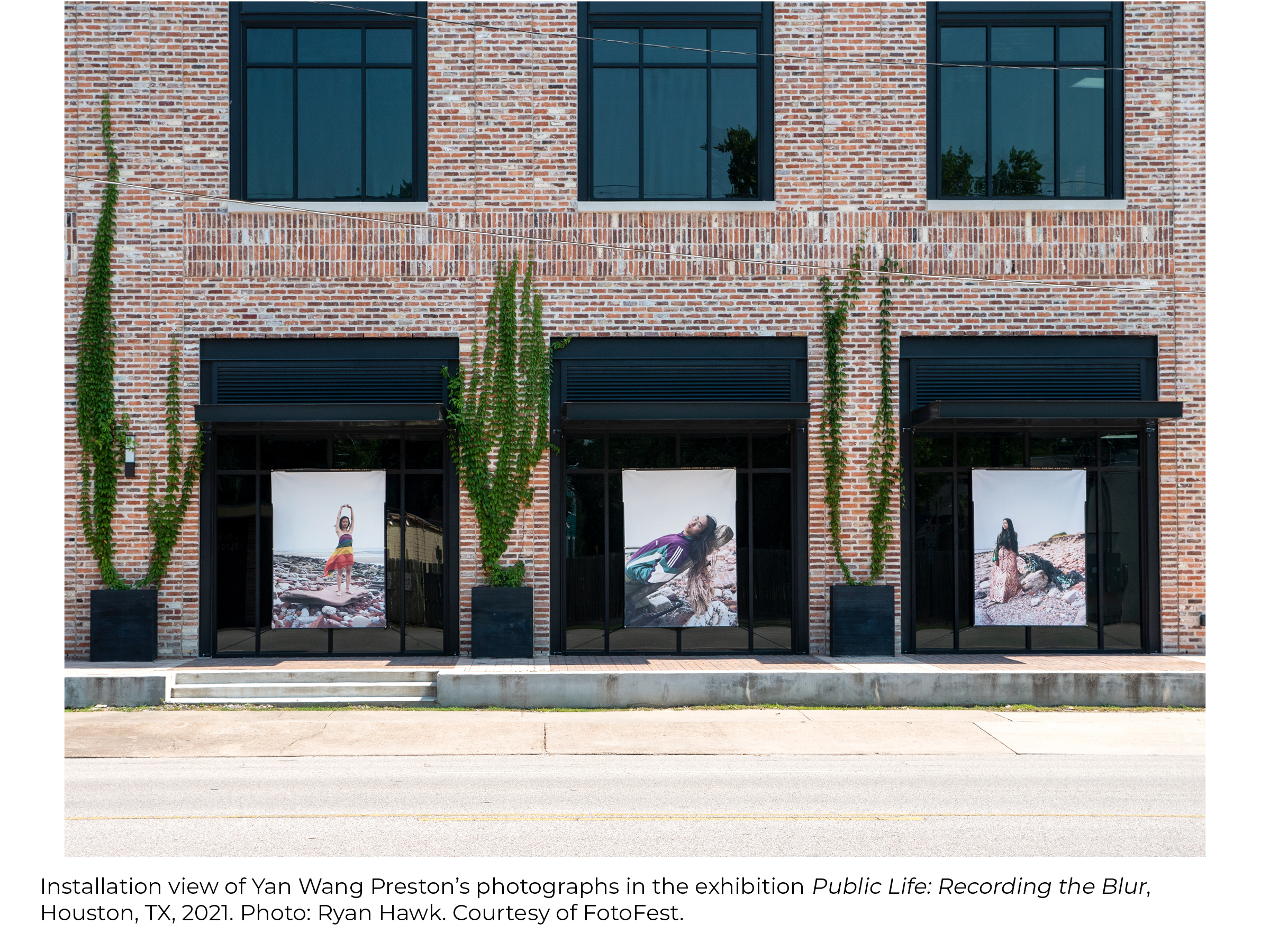
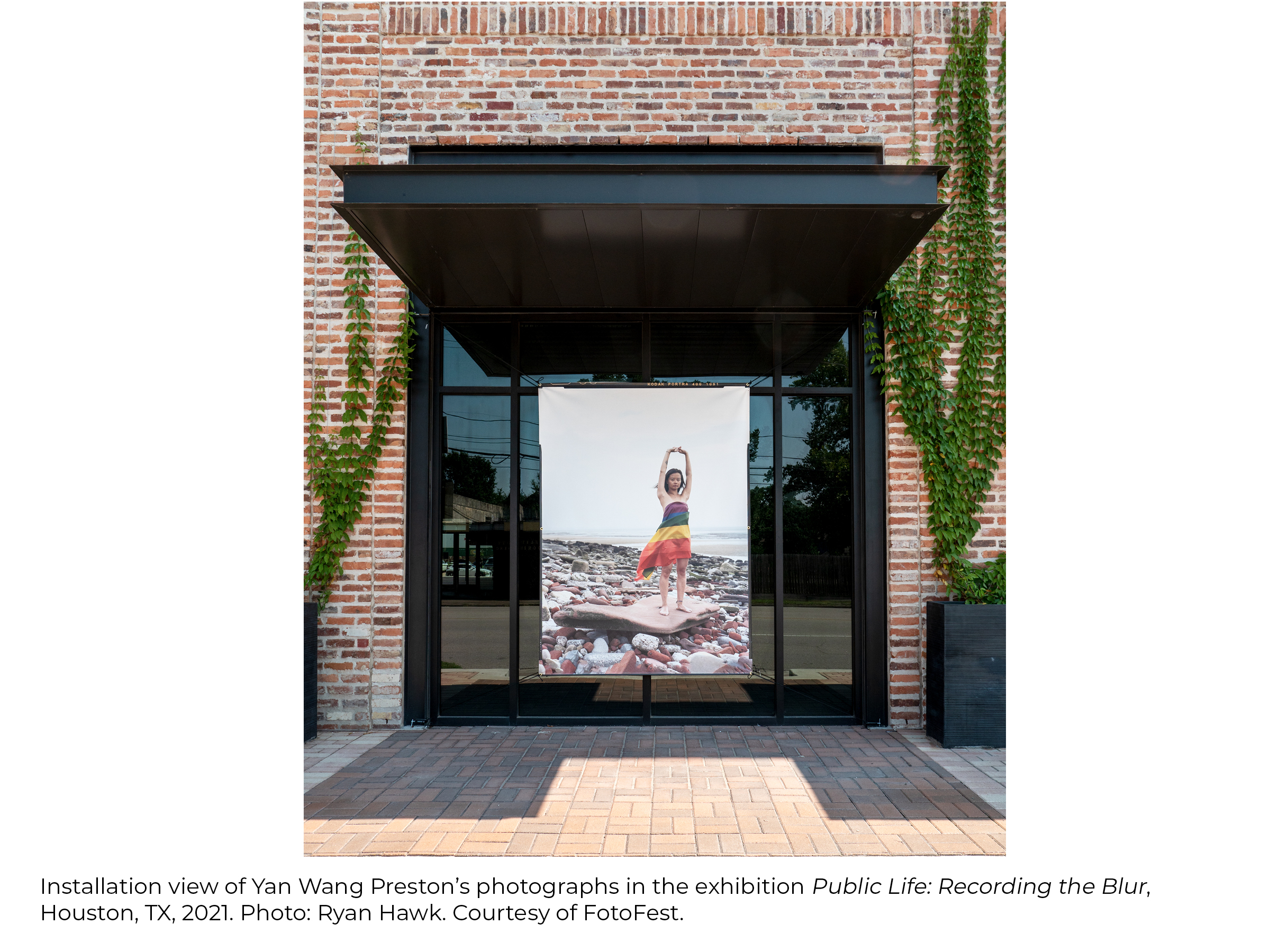
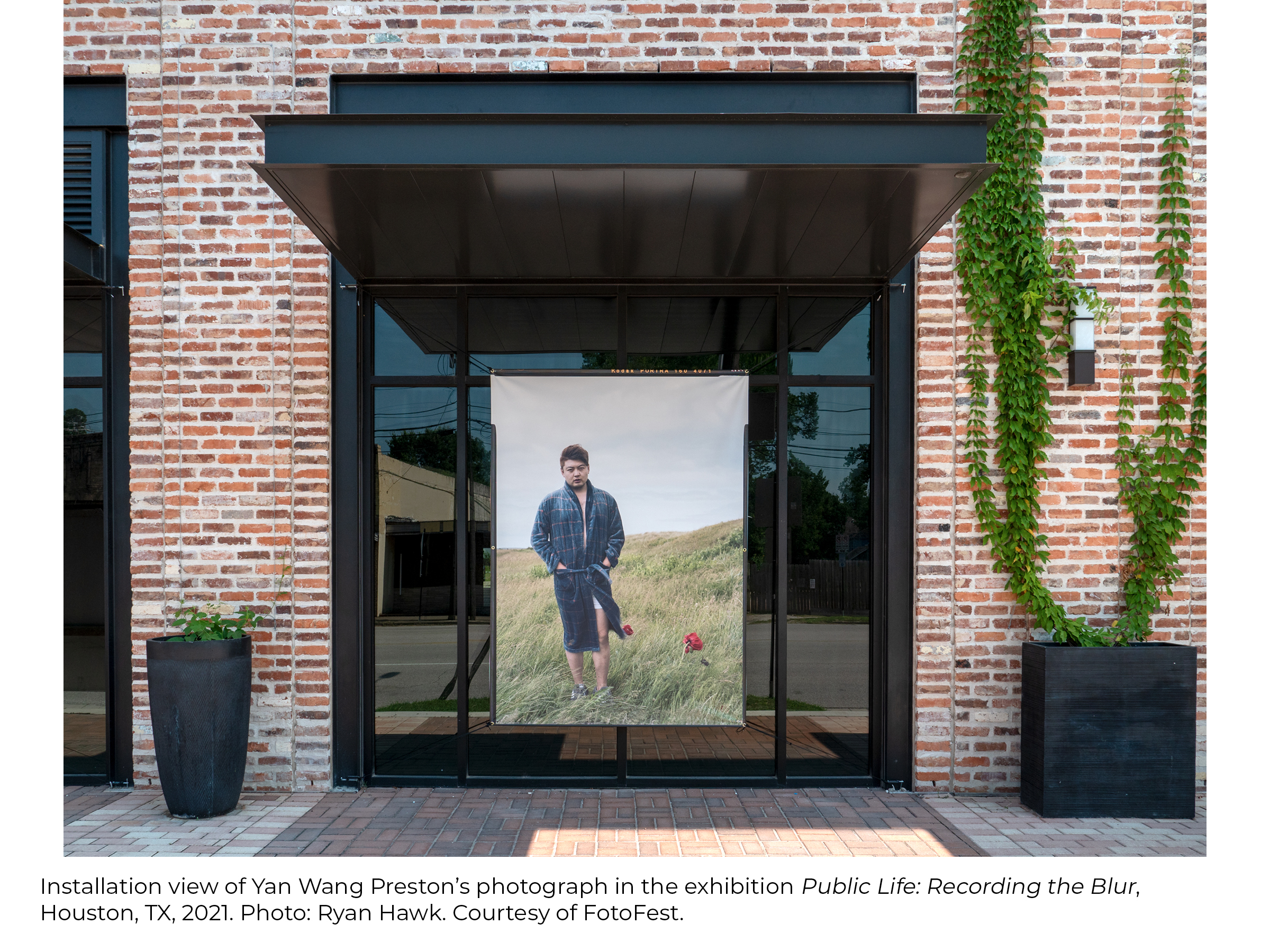
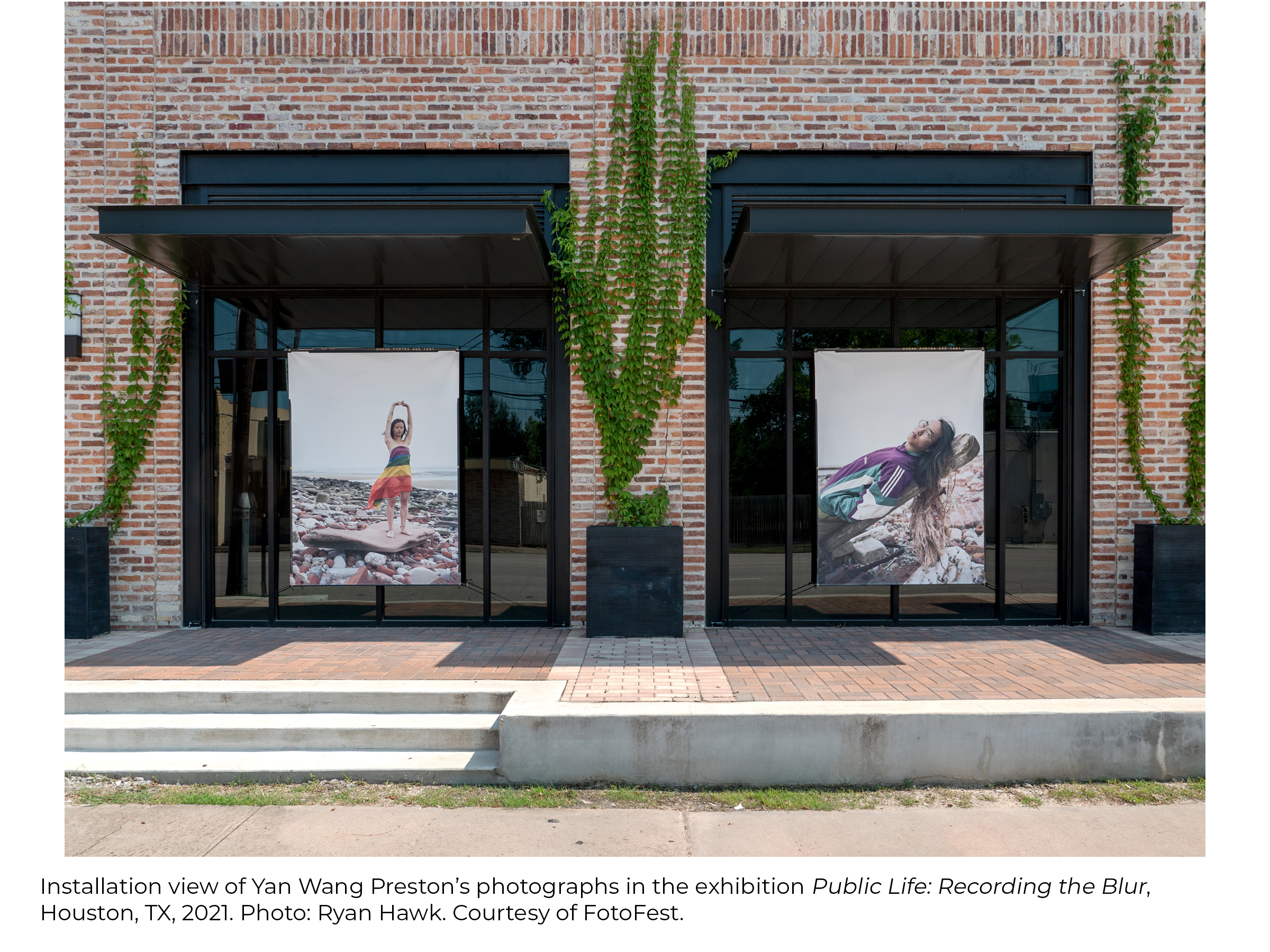
About the artist:
Francis Almendárez is an artist, filmmaker, and educator working at the intersections of history, (auto)ethnography, and cultural production. In attempting to make sense of and reconstruct identity, he uses them as tools to address memory and trauma, specifically of im/migrant, queer, working-class bodies of Central America, the Caribbean, and the Diasporas. Almendárez has participated in exhibitions and screenings in the USA and abroad including rhythm and (p)leisure, Artpace, San Antonio, TX (2019); The Potential Wanderer, The Reading Room, Dallas, TX (2019); Sisyphus, Ver.20.18, National Taiwan Museum of Fine Arts, Taichung, Taiwan (2018); and Voices of Our Mothers: Transcending Time and Distance, Houston Center for Photography, Houston, TX (2018). Almendárez is the recipient of various awards including a Houston Artadia Award, the Carol Crow Memorial Fellowship from Houston Center for Photography, and artist grants, in collaboration with his brother Anthony Almendárez, from Y.ES Contemporary and the City of Houston through the Houston Arts Alliance. He has been a participant of the Artpace International Artist-in-Residence program, and the Institute of Contemporary Art Moscow Summer School. Writing on his work has been featured in publications including D Magazine, spot Magazine, Artforum, ARTNEWS, Glasstire, Y.ES Contemporary, and The Dallas Morning News among others. Almendárez was born and raised in Los Angeles, CA and is currently living and working in Houston, TX where he is a Visiting Lecturer at the University of Houston School of Art. He received his MFA in Fine Art (with Distinction) from Goldsmiths, University of London and a BFA in Sculpture/New Genres from Otis College of Art and Design.
Yan Wang Preston is a British-Chinese artist interested in the contested conditions of nature in contemporary societies. Her major projects include Mother River (2010–14) and Forest (2010–2017). Preston’s work has won international awards including the first Prize in the Professional Landscape category, Sony World Photography Awards (2019); Hundred Heroines, the Royal Photographic Society (2018); the first Prize, Syngenta Photography Award (2017); and Shiseido Photographer Prize at the Three Shadows Photography Annual Award in Beijing, China (2016). Solo exhibitions of Preston’s work have been presented at venues such as the 56th Venice Biennale, Italy; Three Gorges Museum, Chongqing China; Wuhan Art Museum, China; Gallery of Photography Ireland, Dublin; Impressions Gallery, Bradford, UK; and Xposure International Photography Festival, Sharjah, UAE. Important group shows include Dubai Photo; Syngenta Photography Award exhibition, Somerset House, London; and Pier to Pier exhibition, Liverpool, UK and Shanghai, China. Preston’s monographs, Forest and Mother River, were both published by Hatje Cantz in 2018. Her work is also featured in numerous newspapers and magazines such as The Guardian, Irish Times, European Photography, British Journal of Photography, and Chinese Photography. Her work is collected by institutions such as Wuhan Art Museum, China; Syngenta, Basel, Switzerland; Swatch, as well as private collectors worldwide. Preston was originally trained in clinical medicine in China. She was awarded a PhD in Photography from the University of Plymouth, UK, in 2018. In addition to her artistic practice, Preston also lectures at the University of Huddersfield, UK.
Lindokuhle Sobekwa is a South African photographer born in Katlehong, Johannesburg in 1995. He came to photography in 2012 through his participation in the Of Soul and Joy Project, an educational program that teaches high school learners photography in Thokoza, a township in the southeast of Johannesburg. During this time he studied with photographers Bieke Depoorter, Cyprien Clément-Delmas, Thabiso Sekgala, Tjorven Bruyneel and Kutlwano Moagi. Sobekwa began exhibiting his work in 2013 as part of a group show in Thokoza organized by the Rubis Mécénat foundation. His photo essay Nyaope was published in the Mail & Guardian (South Africa) in 2014. Nyaope was also published in Vice magazine’s annual Photo Issue and the De Standaard (Belgium) in the same year and exhibited at the Turbine Art Fair as part of their new artist feature exhibition. In 2015, Sobekwa was awarded a scholarship to study at the Market Photo Workshop where he completed his foundation course. His series Nyaope was exhibited in the ensuing group show, Free From My Happiness, organised by Rubis Mécénat for the International Photo Festival of Ghent (Belgium); the exhibition toured to additional sites in Belgium and South Africa. A publication, edited by Tjorven Bruyneel, included a selection of the works. In 2017 Sobekwa was selected by the Magnum Foundation for Photography and Social Justice (NYC) to develop the project I carry Her photo of Me. In 2018 he received the Magnum Foundation Fund to continue with his long term project Nyaope. Lindokuhle’s work has been exhibited in South Africa, Iran, Norway and the USA, and was presented by several galleries at the 2019 edition of Paris Photo. His hand-made photobook, I carry Her photo with Me was included in African Cosmologies at the FotoFest Biennial Houston, curated by Mark Sealy. He joined Magnum Photos in 2018 and became an associate member in 2020.
Kara Springer is particularly concerned with armature—the underlying structure that holds the flesh of a body in place. She works with photography, sculpture, and site-specific interventions to explore systems of structural support through engagement with architecture, urban infrastructure, and systems of institutional and political power. Springer holds degrees from the University of Toronto, ENSCI les Ateliers in Paris, and the Tyler School of Art in Philadelphia. Her work has been exhibited at the Philadelphia Institute of Contemporary Art, the National Gallery of the Bahamas, the National Gallery of Jamaica, and the Frankfurt Museum of Applied Arts. She is an alum of the Independent Study Program at the Whitney Museum of American Art and currently holds a fellowship with the Museum of Fine Arts Houston Core Program.
LOCATIONS
Public Life: Recording the Blur is on view at various outdoor locations in Arts District Houston. Works can be viewed safely by car, bike, or by foot. Kara Springer’s work is on view at the FotoFest headquarters building located at 2000 Edwards Street. Lindokuhle Sobekwa’s work is on view at the corner of Edwards Street and Silver Street. Yan Wang Preston’s work can be seen by visiting 1818 Washington Avenue. Francis Amendárez’s work is presented on Sawyer Road, and mappable by routing your trip to 2431 Summer Street.
Public Life: Recording the Blur is accompanied by a self-guided tour that can be followed on foot or by car via FotoFest’s new mobile app. To download, search “FotoFest” on the mobile app store on your phone.
EVENTS
Saturday, June 12 | 12PM
Virtual Exhibition Tour with Max Fields
Wednesday, June 16 | 6PM
Creative Conversations/digital: Francis Almendárez and Kara Springer with Rachel Afi Quinn
Saturday, July 31 | 12PM
Creative Conversations/digital: Urban Subjects
Saturday, August 7 | 10PM
Recording the Blur Bike Tour
Saturday, August 21 | 11AM-2PM
Workshop and Photo Event: Together in Pictures with Francis Almendárez
All events held in conjunction with Public Life: Recording the Blur are open to the public and free to attend with prior registration. All FotoFest programs are available to watch online via Zoom or YouTube Live.
2020-2021 EXHIBITION SPONSORS
PUBLIC LIFE
Major funding for the Public Life project is provided by the Texas Commission on the Arts.
Exhibition support is also provided by The Brown Foundation, Inc.; Houston Endowment; National Endowment for the Arts; City of Houston through the Houston Arts Alliance; The Wortham Foundation; Silver Street Studios; Sawyer Yards; Pappas Restaurants; Lovett Commercial; and generous donors to the FotoFest Annual Fund.
FOTOFEST MOBILE APP
Support for the FotoFest App provided by Ken Anderson, Frederick Baldwin and Wendy Watriss, Kath Blanco, Thomas Damsgaard, Masud Haq, Carola Herrin, Bill Joor, Abigail Owen-Pontez, Greg Spier, and Phuong Tranvan.
FOTOFEST
© 2023 FotoFest
STAY CONNECTED

